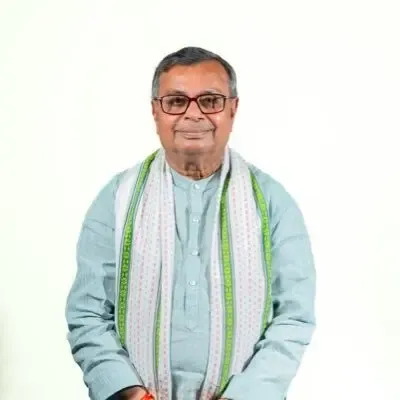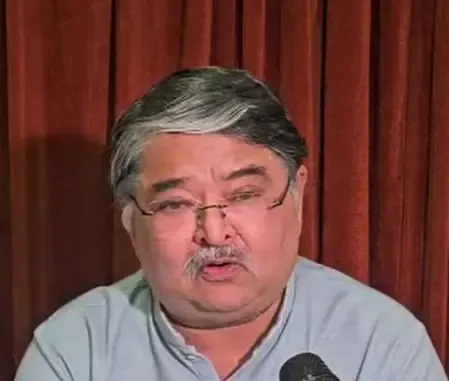What Does the New Global Health Agreement Mean for Ayush?

Synopsis
Key Takeaways
- Ayush practices are now recognized globally.
- Agreement boosts scientific validation of traditional medicine.
- Inclusion in ICHI enhances acceptance in healthcare.
- Support for health insurance and billing transparency.
- $3 million contribution from India to WHO's initiatives.
New Delhi, May 25 (NationPress) In a significant advancement to promote India’s traditional medicine practices, such as Ayurveda and Yoga, the Ministry of Ayush and the World Health Organization (WHO) have formalized a pivotal agreement, as announced by the government on Sunday.
During the 122nd episode of ‘Mann Ki Baat’, Prime Minister Narendra Modi emphasized the significance of this agreement, stating that it would facilitate the global accessibility of Ayush in a scientifically valid manner.
"Friends, there has been an encouraging development in the realm of Ayurveda, which I believe you will find delightful," remarked PM Modi.
He continued, "On 24th May, a Memorandum of Understanding (MoU) was signed with the WHO Director General and my esteemed colleague Tulsi Bhai present. This agreement has initiated the development of a specific traditional medicine module within the International Classification of Health Interventions (ICHI)."
“This initiative aims to extend the reach of Ayush to a broader audience globally through scientific validation,” stated the Prime Minister.
This agreement signifies the commencement of efforts towards creating a new traditional medicine module under the ICHI, a WHO-developed system for categorizing medical treatments.
The module will encompass traditional Indian therapies, including Panchakarma, Yoga therapy, Unani practices, and Siddha methods.
These therapies will now be recorded using scientifically accepted language.
The integration of traditional medicine into the ICHI framework will not only enhance the global recognition of Ayush therapies but also improve their acceptance in health insurance, hospital documentation, and clinical research.
This will promote transparent billing and establish fair pricing for these treatments.
WHO Director-General Tedros Adhanom Ghebreyesus also expressed his support for this initiative. He shared on X that he was delighted to formalize an agreement with the Ministry of Ayush for a $3 million contribution from India towards WHO’s efforts regarding traditional medicine and ICHI.
This initiative aligns with India’s aspiration to elevate its traditional knowledge within global healthcare frameworks, backed by scientific evidence.
The combination of WHO’s ICD-11 for disease classification and the new ICHI module for interventions is anticipated to position Ayush as a crucial, evidence-based component of health policies and systems worldwide.









